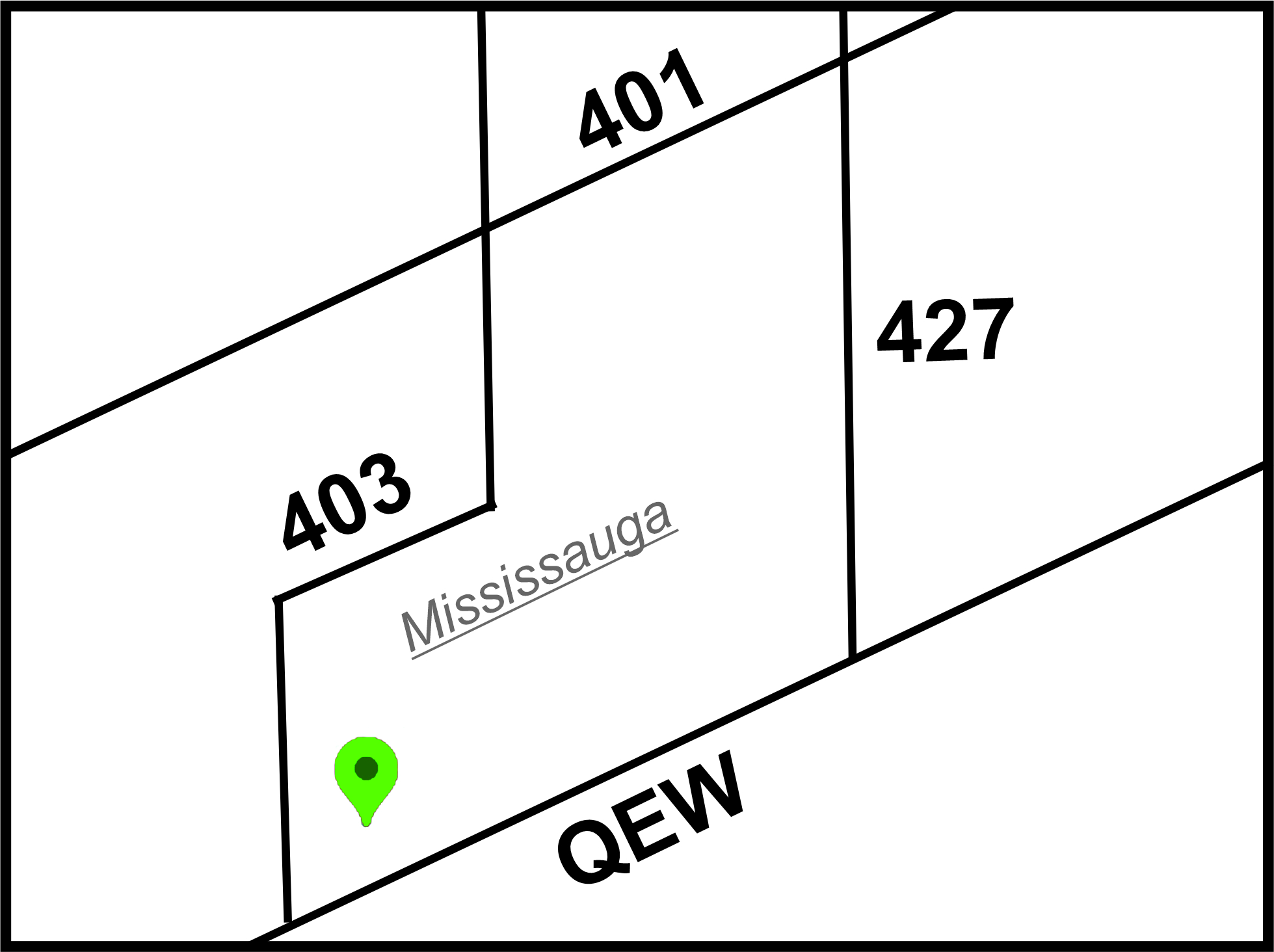
Blog Questions about beds and mattresses answered. And some stories told.
No matter if your child has recently had their first bed wetting incident or has been experiencing it for years, both of you are likely dealing with a range of emotions.
You might feel alone, thinking that this issue is never-ending. However, the truth is that you're not alone. It is estimated that between 5 and 7 million people in the United States face this disruptive problem. As a result, there has been a significant demand for information within the medical community. Thankfully, we now have a wealth of knowledge to better understand and treat this primarily childhood issue. In this article, we will provide you with accurate information about bed wetting, suggest measures to reduce its occurrence, and eventually bid farewell to this inconvenience once and for all.
Here is a list of recognized causes for Primary Enuresis:
-
Immature bladder muscles: Bed wetting happens when the bladder is full, and the muscles responsible for releasing urine are stronger than the ones that control urine flow (sphincter).
-
Small bladder: An underdeveloped bladder is to blame when it cannot hold all the fluid produced by your child's body. Combined with deep sleep, this leads to a wet bed.
-
Excessive liquid intake: Sometimes, even if your child's bladder is of sufficient size, their body may produce more liquid than it can handle.
-
Low ADH (Antidiuretic Hormone): As mentioned earlier, ADH is necessary to reduce nighttime kidney activity.
-
Sleep apnea: In some cases, sleep apnea can be observed in children exhibiting symptoms such as snoring, ear and/or sinus infections, sore throat, daytime drowsiness, and bed wetting. Sleep apnea causes repeated transitions from deep sleep to light sleep, leading to relaxation of the bladder sphincter and urine release.
-
Allergies: Similar to sleep apnea, allergies can cause a child to enter and exit deep sleep, temporarily relaxing the bladder sphincter muscle.
-
Physical abnormalities: Rarely, bed wetting can result from abnormalities in the spinal cord, urethral valve, or ureter.
Identifying the underlying causes of Secondary Enuresis can be more challenging. Secondary Enuresis refers to bed wetting that occurs after a period of at least 6 months without any previous bed wetting incidents (Primary Enuresis). In this case, it is important to examine your child's family and social situation as a starting point. Are they going through any significant life changes, such as divorce, the arrival of a new baby, the loss of a close friend or family member, moving to a new home, or experiencing bullying at school? If so, it is crucial to give them the opportunity to express their feelings about the new situation, and if necessary, consider seeking professional counseling. If there are no apparent life changes, consulting with a medical doctor is recommended. The sudden onset of Enuresis can indicate certain medical conditions, such as the onset of diabetes, sleep apnea, or a urinary tract infection.


 Copyright © 2026 |
Copyright © 2026 |